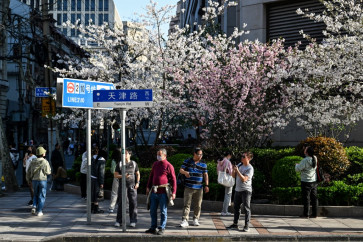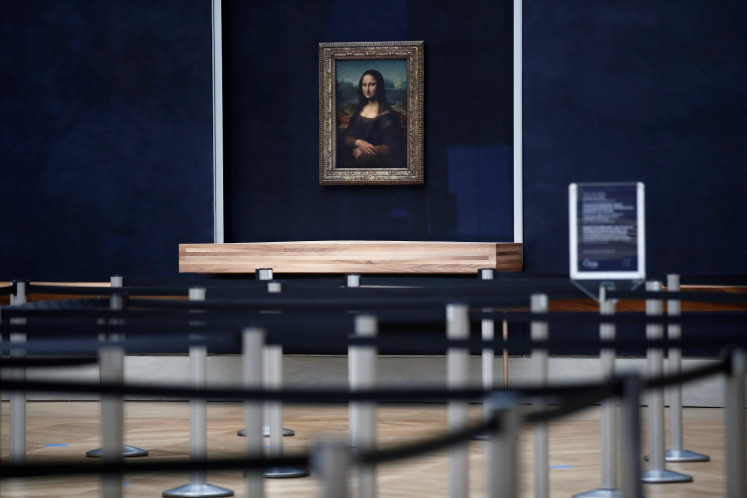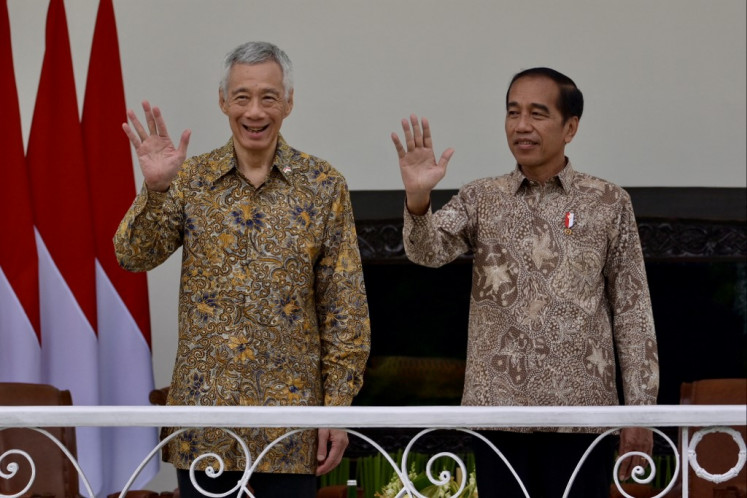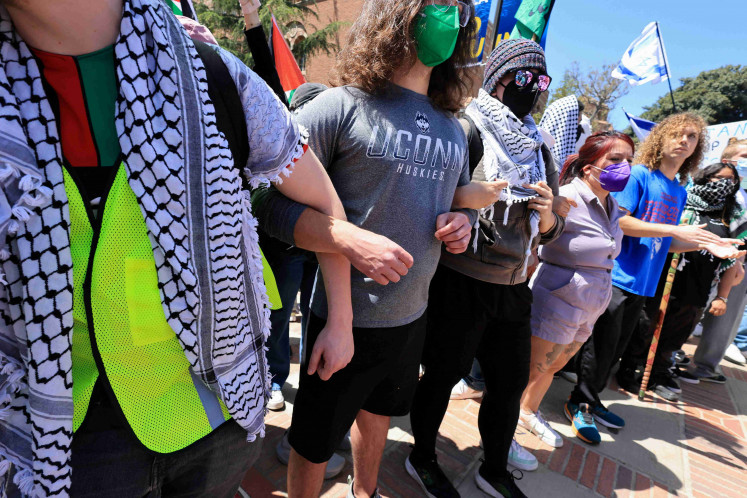Muslim clothing made of Japanese kimono materials
Change Size
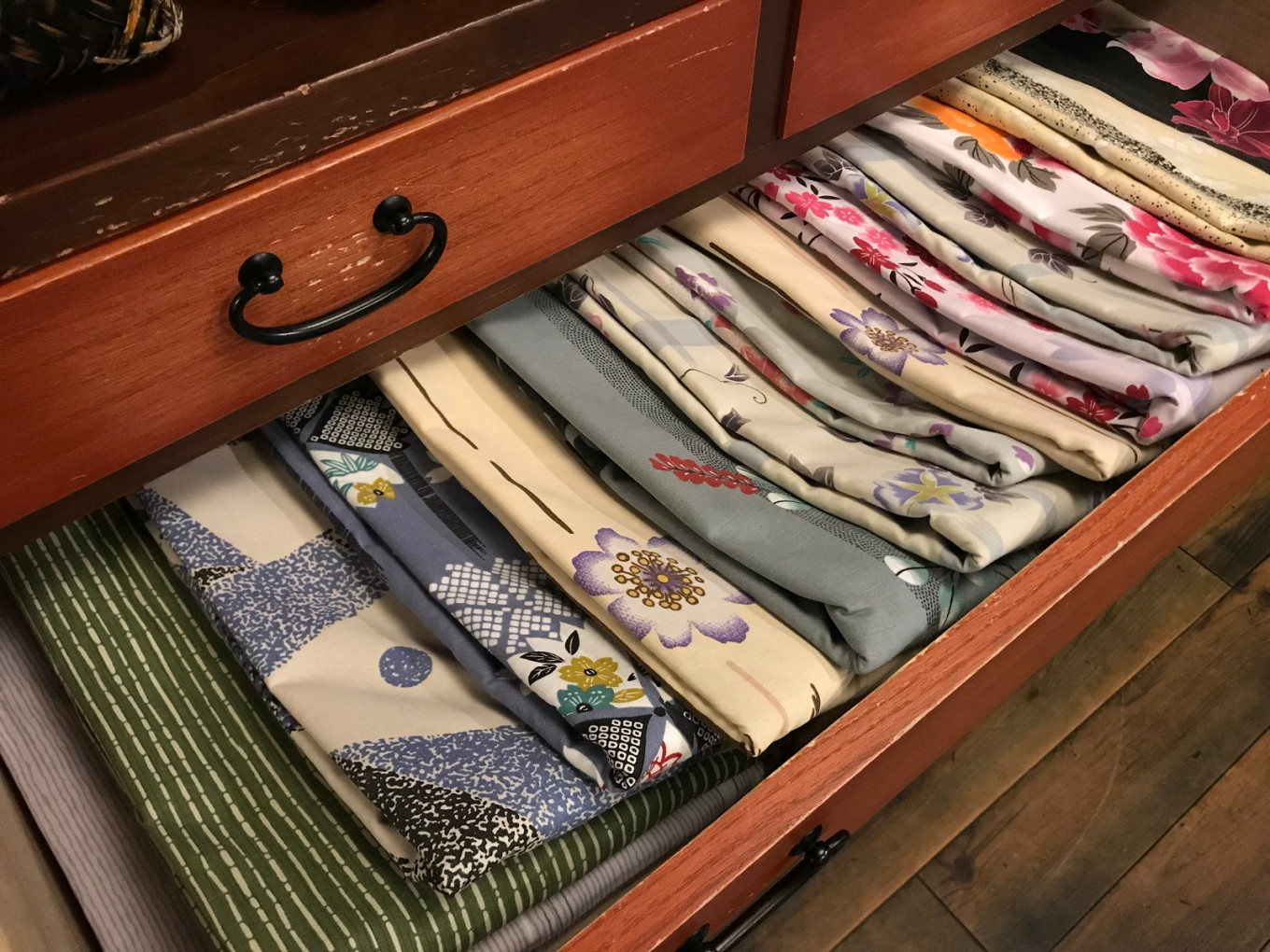 Kimono fabric detail (Shutterstock/Calshi)
Kimono fabric detail (Shutterstock/Calshi)
C
lothing for Muslim women, made with used kimono materials in Japanese-inspired patterns, such as cherry blossoms and Mt. Fuji, is gaining in popularity.
Fukusa Corp., a textile product manufacturer based in Matsuyama, has been eyeing the global Muslim market with its population of an estimated 1.6 billion.
Fukusa, which downsized its business along with the decline of the Japanese clothing industry, is looking at the adverse situation from a different angle and taking it as an opportunity to make Ehime Prefecture traditional clothing techniques known to the world.
Fukusa was founded in 1995 by President Shinji Ito, 59. Its made-to-order clothing with used kimono materials became popular and the company at one point had 12 outlets in department stores and other locations across the country. In part due to the sluggish business in Japanese clothing, however, the number fell to three.
The turning point arrived in 2014, when Fukusa’s garments caught the eye of Shinichi Orita, representative director of the Japan Muslim Fashion Association, a general incorporated foundation, at an exhibition in Tokyo.
Orita proposed making clothing for Muslim women and Ito accepted, saying that he would love to make the charm of Japanese materials known to the world.
Read also: Thinking dirty: Japan’s top kimono is made with mud
In 2015, Ito began a market research in Indonesia, where more than 200 million Muslims live. He traveled there eight times in a year, hearing opinions from about 300 people, affluent to poor.
Ito found that people in Indonesia enjoy various fashions while strictly adhering to Islamic law. When Ito showed local Indonesian women kimono products, he was told that animal patterns, such as cranes and dragons, are taboo, but large patterns with motifs of nature, such as cherry blossoms and Mt. Fuji, are very popular. He also found that they like red, yellow and other flashy colors.
Then Ito made some model garments, displaying them in 2016 at one of the largest fashion events in Indonesia. Many people crowded the spot where his clothes were displayed. With their original colors and complicated patterns, the products were a hit.
In a year, Fukusa sells about 1,000 hijabs — headscarves worn by Muslim women — at ¥3,000 each excluding tax. The Japanese kimono style has been introduced in various parts of Muslim clothing with reused Japanese kimono materials, such as long sleeves and a design that overlaps one side on top of the other in front and fixes them around the waist, instead of front buttons seen in usual Muslim clothing.
In 2016, in response to local requests, Fukusa launched a prayer mat made with towels produced in Imabari, Ehime Prefecture, the largest towel production site in Japan. The towels are washable and portable. The company sold about 250 such mats as of late June.
Fukusa’s products are available at its directly managed stores as well as shops at tourist sites in and outside Ehime. They are also sold online.
The company will aim to make prices lower with production in Indonesia and expand sales in Middle Eastern countries, including Saudi Arabia.
“I’m happy if we can become a bridge connecting Ehime and Muslim countries. I want the world to know the beauty of Japanese traditional techniques,” Ito said.

